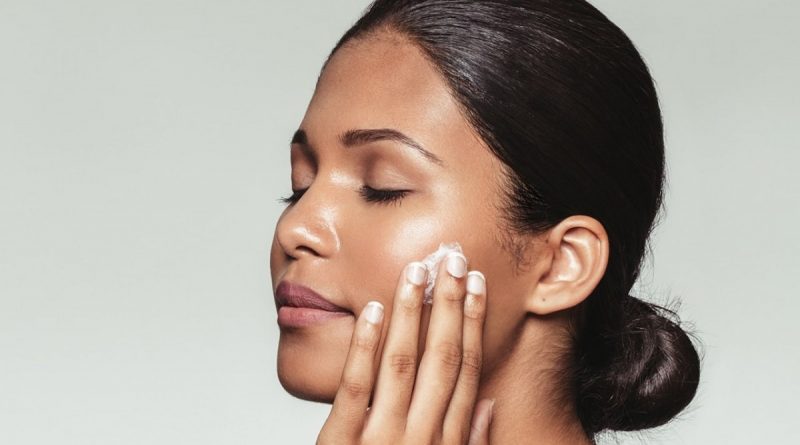Acne affects most people at some point in their lives, whether it's a persistent outbreak, sporadic pimples, or greasy skin that may cause inflammation. Acne may be easily treated with the correct products, lifestyle adjustments, and a good skin care Events. Continue reading to discover how.
What causes acne?
Acne is a specific condition. It refers to the formation of whiteheads, blackheads, pimples, and cystic acne, which occurs when pores get clogged with oil, dead skin cells, and bacteria at the same time. On the other hand, cystic acne is more difficult to eradicate since it is located deeper in the skin.
Agnus may be caused by a number of different factors, including hormones, genetics, and stress, among others. The good news is that if you follow a regular skin care routine that focuses specifically on acne, you will be able to get cleaner skin.
How to Prevent and Clear Acne.
When using your goods, it is essential to do so both in the morning and at night, and to make sure that the formulas you use have the appropriate components. You should look for treatments that include benzoyl peroxide to eradicate bacteria, salicylic acid to get rid of dead skin, and alpha-hydroxy acids to alleviate inflammation.
Here's how to start a face care plan for acne-prone skin.
Step 1: Gentle Cleaning (Morning and Night)

Cleaning is necessary for curing acne, but there are a few things to remember:
- If your skin is on the drier side, use a creamy cleanser, and if it is oily, use a foam cleanser.
- Always use an oil-free cleanser, and check for chemicals like salicylic acid or benzoyl peroxide.
- Avoid using aggressive exfoliants since they might irritate the skin even more.
- When applying cleanser, use your fingers instead of brushes or washcloths to prevent germs from spreading.
- Wash your face with warm, not hot, water. Hot water may irritate and even be painful, depending on the severity of your acne.
Step 2: Apply a toner or astringent (morning and night).
Using a toner or astringent is optional in your skin care regimen, but it may help eliminate excess oil and pollutants causing acne. If you opt to use one, be sure it is specifically designed for acne-prone skin. After cleaning, dab it onto a cotton pad and gently apply it to your skin. Allow the toner to dry for a minute or two before applying any additional products.
Step 3: Use an acne treatment or medication (morning and night).
It is possible that you want to use an acne cream or medicine, but this will depend on the severity of your acne. A variety of topical treatments and medications may be prescribed to you by your physician. If you want to remove dead skin cells and clear up clogged pores, you may want to think about using an acne serum or cream that contains powerful compounds.
Step 4: moisturize (morning and night).
Applying moisturize to your skin both throughout the day and at night is essential, regardless of the kind of acne you have. moisturize encourage the production of the appropriate amount of oil in skin that is prone to acne. When you are moisturize your skin on a regular basis, keep the following in mind:
In the morning, apply an oil-free moisturize with an SPF of at least 30, or layer sunscreen over a light moisturize to keep your skin moisturize and protected from harmful UV radiation. Because acne-prone skin is already inflamed, SPF is necessary.
At night, use an oil-free, noncomedogenic moisturiser that will not clog pores. Gel moisturisers or those containing moisturising hyaluronic acid (which keeps skin moisturised for longer) are excellent choices.
Other Tips
Once you've established your skin care regimen, here are some more strategies for preventing acne:
- Avoid using scent in facial products. Pay particular attention to other items that come into contact with your skin, such as shampoo and laundry detergent, since strong substances and smells may aggravate skin irritation.
- Avoid touching your face and picking at skin and pimples, since this may spread germs and cause irritation and scarring.
- Eat properly; what you eat has a significant impact on your skin. Consuming fresh fruits, veggies, and whole grains may have a significant favourable influence.
- Drinking water may also help balance your skin, but dairy and processed sugar-rich meals can aggravate acne.
- Avoid stress. Stress has been linked to acne, so relax when you and your skin need it the most. If you're feeling anxious, try reading a book, taking a nap, or practicing meditation.
Following these skin care events should assist you in putting acne in the past, even if it has been a cause of frustration for you throughout your whole life.
